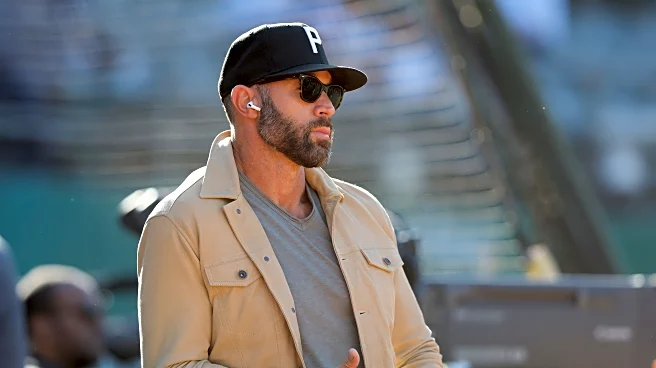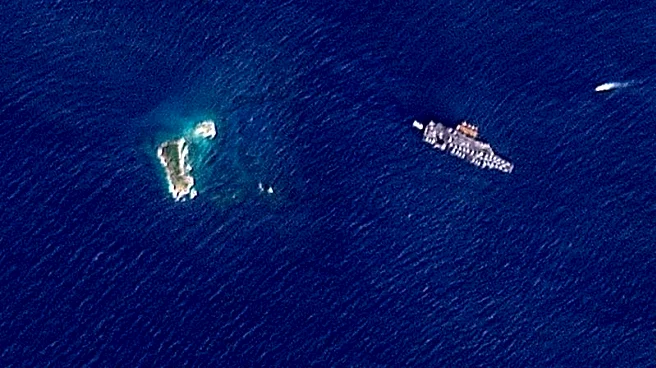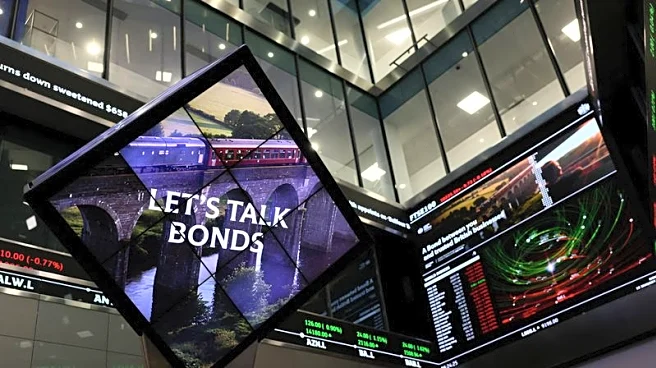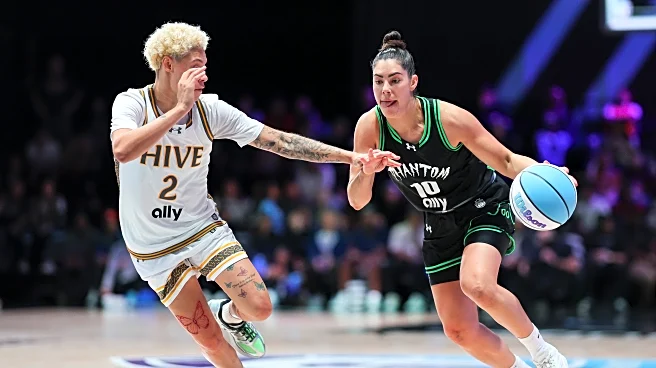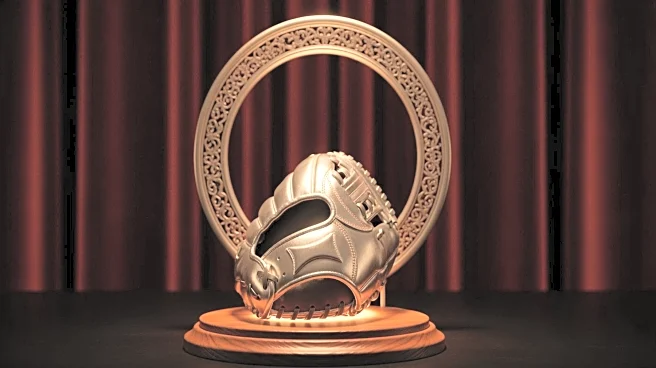Earlier this week, the Miami Marlins announced their new General Manager, and it was a name very familiar to Phillies fans.
Quick refresher: After the Ruben Amaro reign ended, the Phillies were determined to pivot hard in the other direction and become the most analytically based organization in baseball. To that end, before the 2018 season, they hired Gabe Kapler who promised to heavily feature advanced statistics and analytics in his decision making.
It was a curious hire because at that point, Kapler was best known as a below average outfielder and the guy who mishandled assault allegations while in charge of the Los Angeles Dodgers minor league system.
Kapler got off to a bad start in his first game and based on his contradictory quotes and explanations for his moves, it soon became clear that he wasn’t really ready to manage a big-league team. After two straight seasons ended with major collapses and tales of clubhouse dysfunction, the Phillies realized their mistake and fired him.
Kapler wasn’t out of work for long. He parlayed his connections with Giants president Farhan Zaidi to get hired as the San Francisco Giants manager.
In his second season, Kapler led the Giants to a franchise record 107 wins, but the team finished .500 the following year and was fired at the end of 2023 with the Giants sitting at 78-81 amidst numerous player complaints regarding the clubhouse. (None of this was a surprise to Phillies fans.)
Kapler must ooze charisma in person, because he once again quickly found a new job, becoming as assistant GM for the Miami Marlins.
The Miami Marlins have long established themselves as an unserious franchise. Since the team’s founding in 1993, it’s been a bit of a Catch-22 in Miami: The fans haven’t shown a desire to support a Major League Baseball team in Florida, but the team also hasn’t given the fans much to support. Any time the team has some success – such as their two inexplicable World Series titles – they quickly sell off their players to save money.
I understand why the Marlins felt Kapler was worthy of the promotion. The Dodgers were successful at player development during his time there, and the Marlins’ farm system is generally rated highly. It’s possible that Kapler’s highly analytical approach works far better at the macro level, as opposed to when he has to handle in-game decisions or handle personalities in a clubhouse.
And despite the fancy new title, Kapler isn’t really the person with the most power in that organization. The Marlins’ setup is similar to the Phillies in that the president of baseball operations, Peter Bendix is the person handling the traditional duties of a general manager. Perhaps he can help mediate Kapler’s more off the wall ideas better than the people above him in Philadelphia.
At the very least, Kapler should make for some interesting times in Miami. And if you’re a franchise as uncommitted to being sustainably good like the Marlins, interesting might be the best you can hope for.
